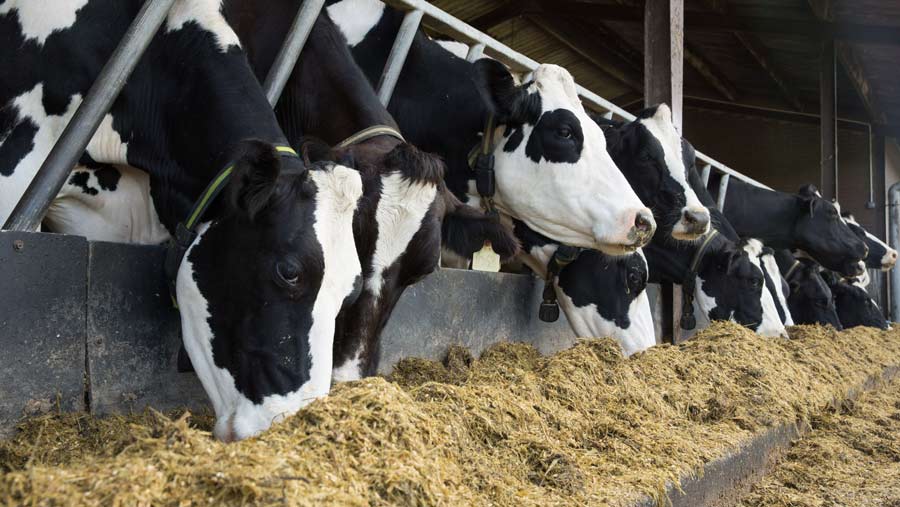NFU and RABDF warn of milk tanker driver shortage
 © Tim Scrivener
© Tim Scrivener Reports of non-collection of milk due to a shortage of tanker drivers has prompted an industry warning about the disruption facing the dairy sector.
Labour shortages in the UK are having an impact across the food supply chain and the dairy industry is under pressure from a lack of drivers, factory workers and farm staff, the National Farmers Union (NFU) and the Royal Association of British Dairy Farmers (RABDF) has said.
See also: Machinery rings warn of worsening labour shortage
In north-west England milk was left on farm over a weekend when the haulier was unable to collect due to a shortage of drivers.
NFU dairy board chairman Michael Oakes said the lack of labour is a serious concern.
“The processor did pay the farmer for that milk, but who is going to pay if it keeps happening?
“The farmer has done his bit, he’s filled the tank. Increasingly, we are getting agency drivers and people that don’t know the routes, and that is because of the pressure everyone is under,” Mr Oakes said.
“One processor said their collection costs just in labour had gone up 40%, just to secure hauliers and drivers.
“We all need to be mindful we are getting drivers that don’t normally do the job and that is due to the high demand for drivers. We need to try and make it as easy as we can so we don’t get problems,” Mr Oakes added.
Peter Alvis, RABDF chairman, said: “If this situation gets worse, it could create big problems for the dairy supply chain and potentially see wastage of milk, as well as added cost and impacts on milk prices.
“Due to the labour shortage, the tanker drivers coming to your farm may be under a lot of time pressure or may not necessarily have visited your farm before. Therefore, any delays could interrupt the dairy supply chain.”
Advice for farmers
Signage
Install simple signs indicating any one-way systems, where to pull in and out of the yard, the collection point situation or other key farm landmarks.
A tidy yard
Ensure access and turning points and passageways are free of machinery, vehicles or other debris, leaving plenty of room. Some drivers may not be as experienced as your regular driver.
Minimise unnecessary distractions
Allow the driver to collect milk without distractions, loose dogs or other potential delays, where possible.
Preparation and facilities
Ensure facilities are available for the driver and make sure family or staff on the farm are also aware of the procedures. Make sure the milk is ready for collection on time.
Offer support
Ask the driver whether they require help if they appear to be struggling, particularly new recruits.
